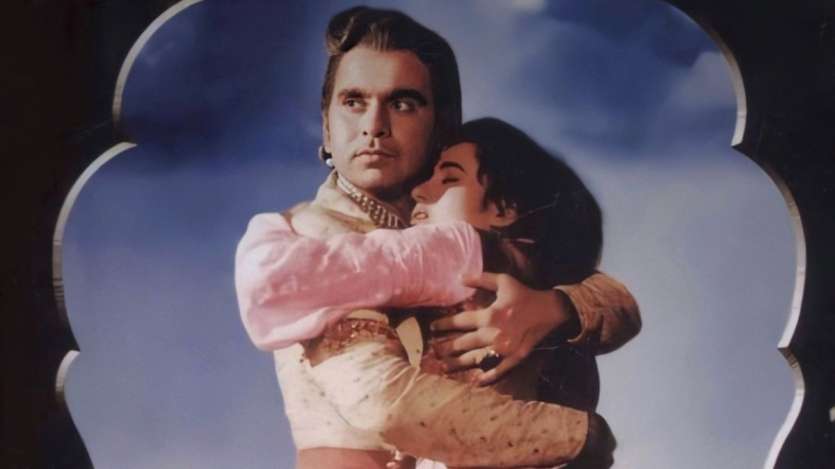


Watching it in 2021, it is evident that Salim cannot protect Anarkali but Akbar can just execute her whenever he wants. The father holds his head up high and considers duty towards his country his biggest karma, but the son believes that there is nothing more sacred than love. While Mughal-e-Azam is remembered as a love story, one may find upon revisiting that this is, in fact, a father-son story. Nevertheless, the story that has been immortalised on screen here is fiction but the legend and the popularity of Mughal-e-Azam has lead many to believe it as history. Anarkali’s existence has been highly debated amongst historians with many pointing out that in real-life, she was one of Akbar’s wives and not a courtesan. The film is based on a 1922 play named Anarkali by Imtiaz Ali Taj. It is essential to point out that Mughal-e-Azam is, in fact, a fictional film set amid some real-life characters.

Prithviraj Kapoor’s Akbar is a duty-bound father and Dilip Kumar’s Salim is a passionate lover. It is Akbar’s duty for his country over his love for his son that leads him to incarcerate Anarkali, and it is Salim’s love for her that leads him to commit treason against the throne. As they wage a war against each other, Mughal-e-Azam becomes a tale of love and duty, and how sacrificing one over the other can topple the social structure. Akbar is vehemently opposed to this match but Salim is just as stubborn. The conflict of class tears them apart since he is the heir to the throne. Touted as one of the most tragic love stories to unfold in cinema, the story here follows Emperor Akbar’s (Prithviraj Kapoor) son Salim (Dilip Kumar) who has fallen in love with a commoner named Nadira, renamed Anarkali, (Madhubala) by his father. Talking about the 1960 film starring Dilip Kumar, Madhubala and Prithviraj Kapoor, Lata Mangeshkar had once told PTI, “Asif sahab used to say, whenever a film will be made and will be ‘lajawab’ (perfect), people will ask, ‘Are you making Mughal-E-Azam?'” It is, however, truth universally acknowledged that K Asif’s Mughal-e-Azam - if not perfect - comes very close to that pinnacle of perfection. There are always the stringent critics who will be unhappy with some aspect of a film. It’s hard to achieve perfection in any field, let alone cinema.


 0 kommentar(er)
0 kommentar(er)
